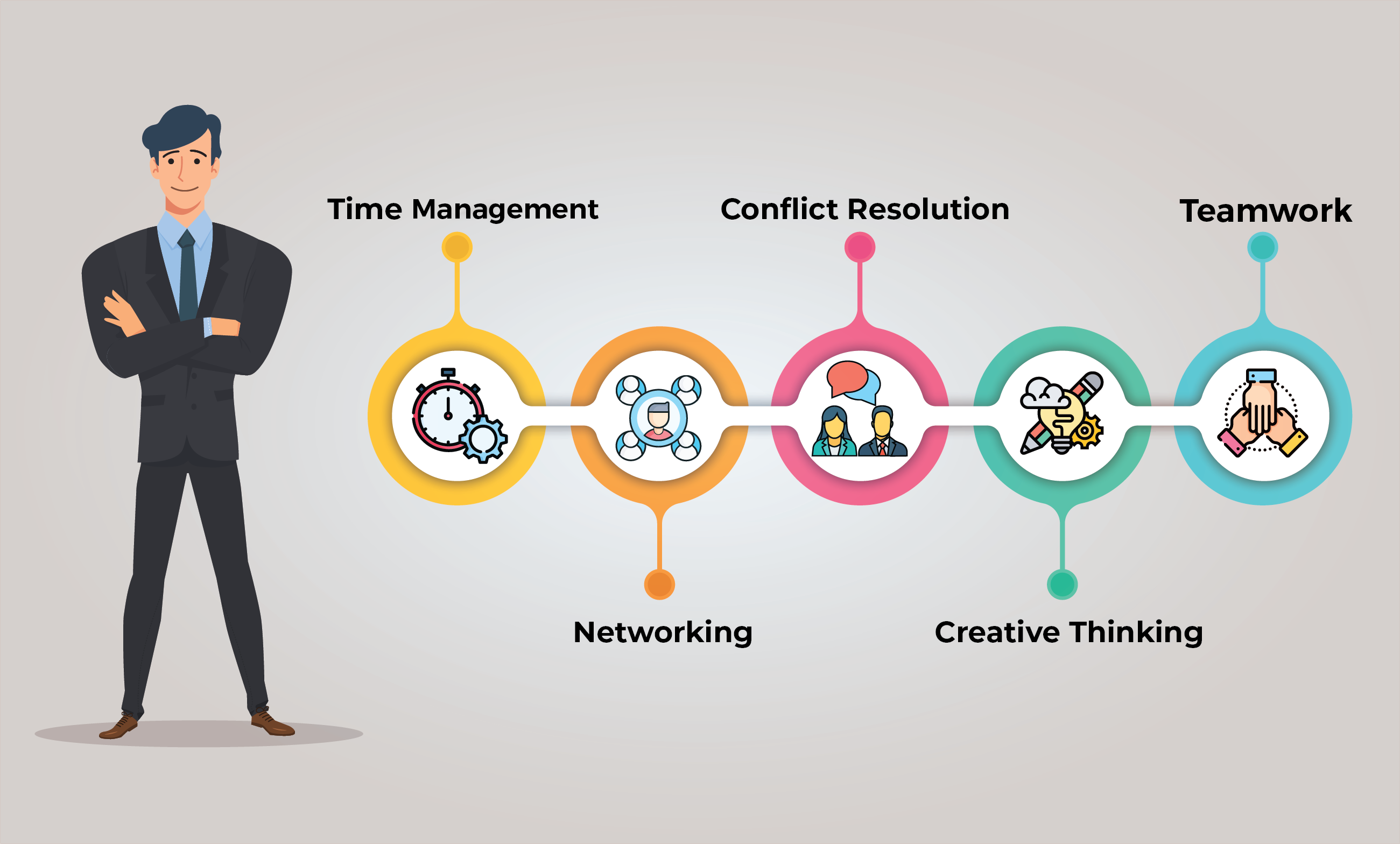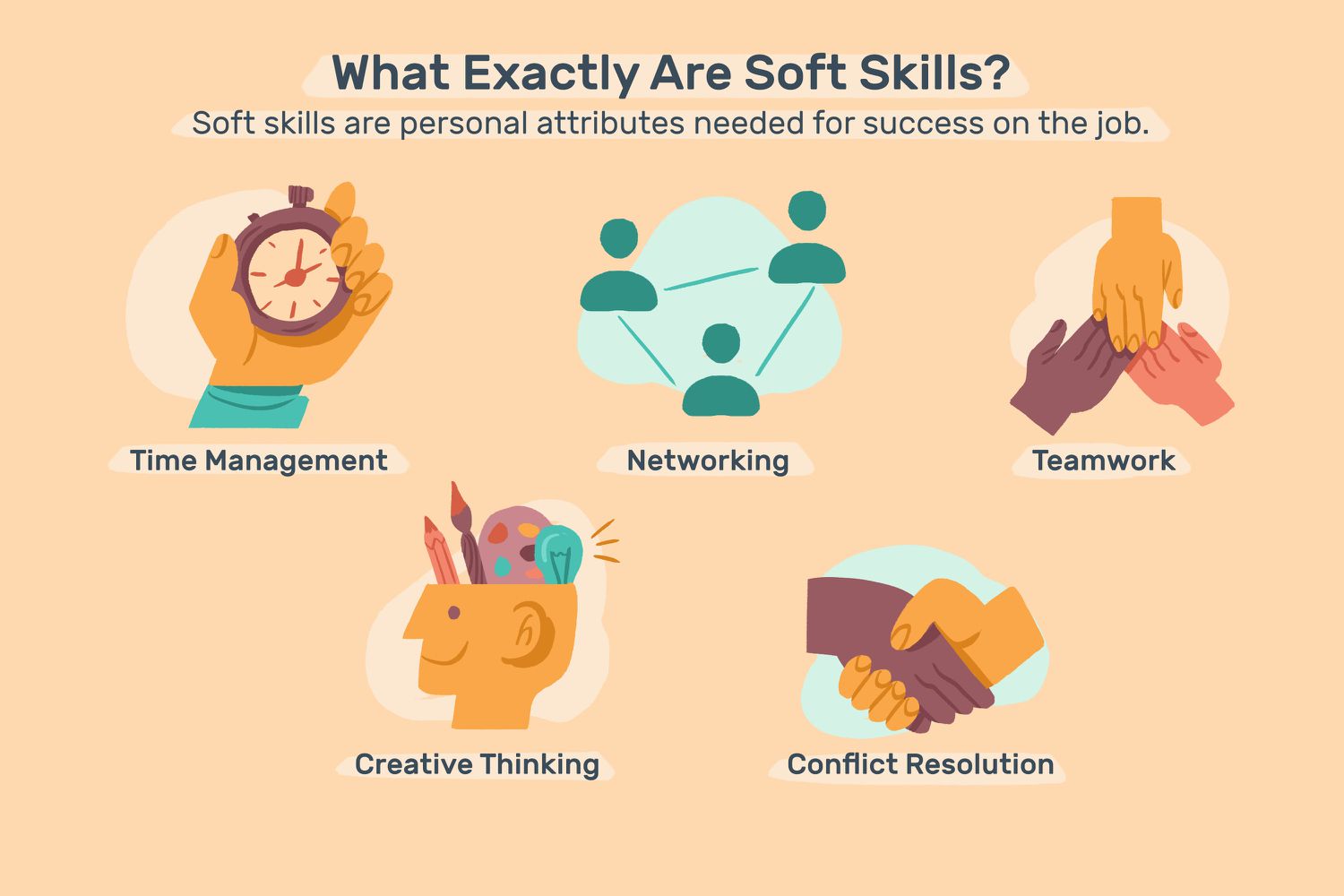The Importance of Soft Skills in the Workplace

In today’s competitive job market, possessing strong technical skills can help you land a job. However, it’s often your soft skills that will enable you to succeed in the role and progress in your career. Soft skills are the non-technical skills that relate to how you work and interact with others. They can include interpersonal skills, communication abilities, thinking skills, and emotional intelligence. Here’s why soft skills are becoming increasingly important in the workplace.
Building Strong Relationships
Soft skills such as communication, empathy, and teamwork are essential for building strong relationships with colleagues, clients, and stakeholders. Effective communication ensures that you are able to convey your ideas and understand others’ points of view. Empathy allows you to appreciate the feelings and perspectives of others, fostering a more collaborative and supportive work environment. Teamwork brings different strengths and perspectives together, which can lead to more innovative solutions and successful projects.
Enhancing Job Performance
Soft skills directly impact your effectiveness in a role. Skills like time management and organizational abilities help you to be more efficient and productive. Problem-solving and critical thinking enable you to navigate challenges and come up with solutions that are beneficial for your team and the organization. Furthermore, leadership and adaptability skills are crucial when you need to take initiative or manage change, which are common demands in many workplaces.
Facilitating Career Advancement
Employers not only look for candidates who can perform well but also those who have the potential to lead and inspire others. Soft skills such as leadership, initiative, and strategic thinking are often what set candidates apart for promotions and more advanced roles. As you climb the career ladder, the technical aspects of your job might become less significant compared to your ability to manage teams, strategize, and drive organizational success.
Boosting Workplace Culture
A positive workplace culture significantly impacts employee motivation, satisfaction, and productivity. Soft skills play a key role in shaping a healthy workplace environment. Respect, team spirit, and a positive attitude contribute to a workplace where everyone feels valued and motivated. Moreover, conflict resolution skills and emotional intelligence can prevent misunderstandings and tensions from escalating, maintaining harmony within the team.
Adapting to the Changing Work Environment
The modern workplace is dynamic and constantly evolving. Adaptability and learning skills are therefore essential to keep up with new technologies, working methods, and industry shifts. Additionally, as remote work becomes more common, the ability to manage one’s time and communicate effectively across digital platforms is more important than ever.
Conclusion
In conclusion, while technical skills may get your foot in the door, your soft skills are what open most of the doors to come. They enrich your professional interactions and increase your overall career satisfaction. Investing in your soft skills development is just as important as developing technical skills. As workplaces continue to evolve, those with strong soft skills will not only adapt but thrive. Start focusing on building these crucial skills today to ensure success in your current role and beyond.



